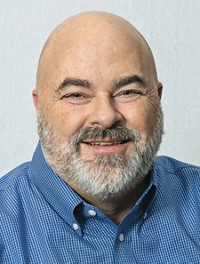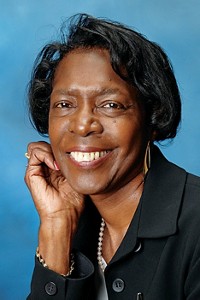Advertisement
Grab your lab coat. Let's get started
Welcome!
Welcome!
Create an account below to get 6 C&EN articles per month, receive newsletters and more - all free.
It seems this is your first time logging in online. Please enter the following information to continue.
As an ACS member you automatically get access to this site. All we need is few more details to create your reading experience.
Not you? Sign in with a different account.
Not you? Sign in with a different account.
ERROR 1
ERROR 1
ERROR 2
ERROR 2
ERROR 2
ERROR 2
ERROR 2
Password and Confirm password must match.
If you have an ACS member number, please enter it here so we can link this account to your membership. (optional)
ERROR 2
ACS values your privacy. By submitting your information, you are gaining access to C&EN and subscribing to our weekly newsletter. We use the information you provide to make your reading experience better, and we will never sell your data to third party members.
Careers
On-Call Scientists
Science association's program seeks volunteers to help with human rights work
by Susan R. Morrissey
December 4, 2008
A new program is recruiting scientists and engineers interested in volunteering their technical expertise to aid human rights organizations. The On-Call Scientist program is run by the American Association for the Advancement of Science (AAAS).
The program got its inspiration from the network of pro bono lawyers who help human rights groups. "Human rights organizations are very used to turning to pro bono lawyers for help," explains Mona Younis, director of the AAAS Science & Human Rights Program. "We wanted to develop the same type of tradition where human rights organizations would turn to pro bono scientists" for help on technical issues, she says.
Examples of the role scientific volunteers could play in human rights issues include climatologists who review reports on human-rights-based analysis of the impact of climate change or forensic scientists who provide guidance on exhuming graves.
In return for their technical expertise, Younis says, scientists will expand their sense of value of the potential applications of their knowledge. She adds that "it will also give them a better sense of what human rights are all about."
Nearly 90 scientists have already signed up, and work is now focusing on lining up human rights organizations to request volunteers, Younis tells C&EN. "This will take some doing because human rights groups are going to ask about what kinds of expertise are appropriate for their work," she says.
Zafra M. Lerman, chair of the ACS Subcommittee on Scientific Freedom & Human Rights, however, questions the effectiveness of the On-Call program. Specifically, she points out that the expertise the program provides is already available.
"It is surprising that AAAS would want to get involved in recruiting 'on call' scientists and engineers to deal with issues that other organizations are already working on and are already doing a good job with." She specifically cites groups such as the United Nations Development Program and the World Bank, which have full-time scientists and engineers dedicated to solving technology-related problems.




Join the conversation
Contact the reporter
Submit a Letter to the Editor for publication
Engage with us on Twitter